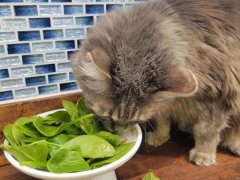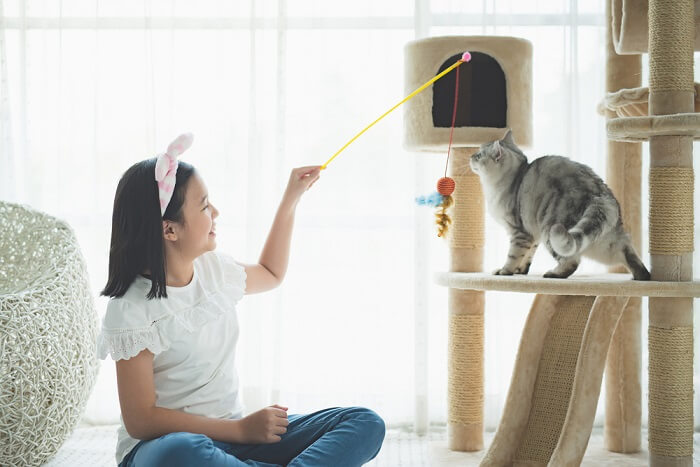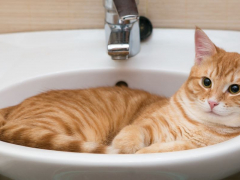
Wild Coast Raw / fda.gov
Washington-based pet food company Wild Coast Pet Foods has voluntarily recalled some lots of its Frozen Boneless Free Range Chicken Formula raw cat food because it could potentially be contaminated with highly pathogenic avian influenza H5N1 also known as bird flu. Pets that eat raw food contaminated H5N1 can contract the illness themselves. The company made the announcement on March 1, 2025.
According to the U.S. Food & Drug Administration, the recall was initiated after sampling conducted by the Oregon Department of Agriculture and the Washington State Department of Agriculture revealed the presence of the same strain of H5N1 in affected cats and the product. Reuters reported in February that two Oregon cats that were euthanized after testing positive for bird flu contracted the illness from Wild Coast Raw food.
Wild Coast Pet Foods continues to work with both agencies to investigate. Additionally, according to a letter posted on the company website, Wild Coast has transitioned to fully cooked poultry recipes to eliminate any potential risk, effective immediately.
The Wild Coast product recall includes 16-ounce and 24-ounce frozen Boneless Free Range Chicken Formula raw pet food for cats packaged in a small, round, white plastic container with a green label. The affected lots (as identified by a sticker on the lid) with a Best Buy date of 12/25 are:
- #22660
- #22653
- #22641
- #22639
- #22672
- #22664
Wild Coast Pet Foods is a regional pet food company. All their products, including those involved in the recall, are only sold in Washington and Oregon.
Wild Coast is the third raw pet food company to be in the news over bird flu in recent months. In December 2024, Portland-based Northwest Naturals pet food company voluntarily recalled one batch of its 2-pound Feline Turkey Recipe raw frozen pet food when a pet cat living in Oregon contracted bird flu after eating the food.
In January, multiple cats died from bird flu after eating raw cat food from two separate brands. The Los Angeles County Department of Public Health issued a report stating that both raw diets were tested, and one brand, from California-based Monarch Raw Pet Food Company, was confirmed positive for live, infective H5N1 bird flu virus. Monarch denies that their raw food products are linked to bird flu or any other health risks.
Early signs of bird flu in cats include loss of appetite, fatigue, and fever. As the disease progresses, cats might develop neurological symptoms, including wobbly or uncoordinated movements, circling, tremors, and seizures. Some cats develop upper-respiratory symptoms, such as discharge from the eyes and nose, coughing, and sneezing.
The American Veterinary Medical Association recommends that pet owners avoid feeding raw meat pet food and treats, as well as raw milk and other raw dairy products to prevent bird flu transmission to cats. Always contact your veterinarian right away if you think your cat might have been exposed to the H5N1 bird flu virus.
Although the FDA reports that no human infections have been identified due to people handling raw pet food, the agency said that infection is possible if the virus gets into someone’s eyes, nose, or mouth. When handling or preparing raw pet food or raw meat, wash your hands, sanitize countertops, dishes, utensils, and the refrigerator or freezer.







